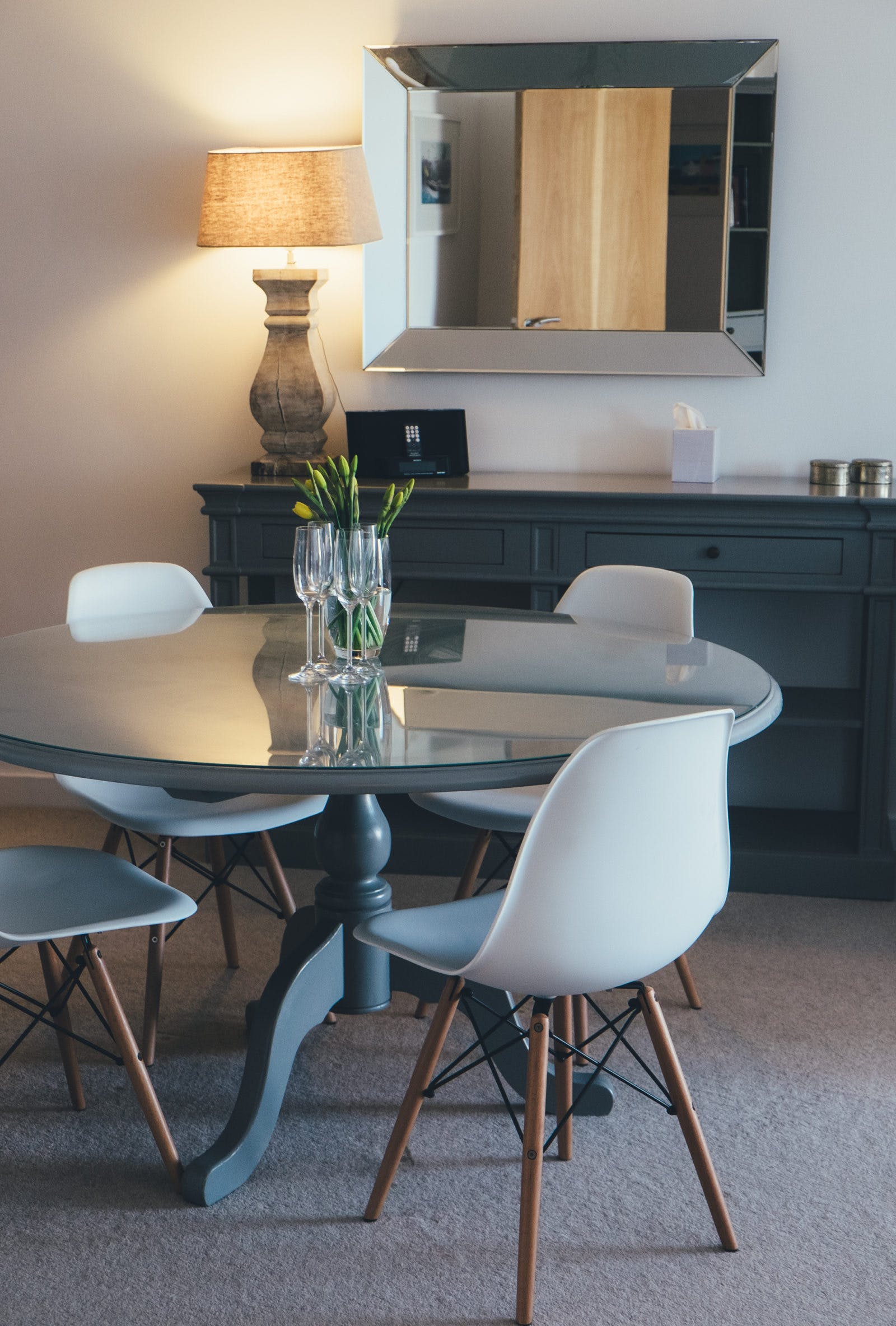In a hot market or a cold one, pricing your home accurately is always important. Under-pricing a property to attract multiple offers has been a successful strategy in the past, but even that appears to be turning buyers’ stomachs in the current climate. It seems my job these days is the complete opposite: talking clients out of over-pricing their homes. I get these same questions and comments every time I sit down with sellers:
“Another agent said it was worth more.”
It’s no secret that a lot of agents will “buy” listings by quoting the highest price, but if four agents said your home was worth $600,000-ish, and one agent said $700,000, that should concern, not excite, you. Beware of the realtor who wants your listing at any cost. He’s just going to rope you into a six-month listing, and hope you gradually decrease the price.
“Let’s try it at our price for a month or so first.”
The highest price you’ll get as a seller is within one to five days of listing your home, not 30 days later. I know I can get the full asking price, or more, if I can sell the property within that short timeframe. All the work should be done ahead of the listing, so the property will sell ASAP. After a house or condo unit spends a full month on the market unsold, you’ll attract low-ball offers from buyers still looking at your stale listing.
“People always offer less than asking anyway!”
Not always, and not if it’s in that initial one-to-five day period when you have all the leverage as a seller. And if the property is over-priced, they’re not going to make any offer, let alone one that is less than asking.
“Nobody knows the value of my home better than I do.”
Selling your home is an emotional experience that can leave a homeowner vulnerable, especially when your own bias causes you to over-inflate the value of your house.
“We’ll include all the furniture to get our price.”
This is a last resort. The depreciation on furniture and household products is massive. Your five-year-old couch that you paid $1,800 for is probably now only worth $300, sorry to say. That 42-inch Panasonic flat screen TV cost $1,400 in 2008, but technology has changed and you can get a better one today for half the price. Furnishing a house or condo is something today’s buyers look forward to. Most of them wouldn’t take your furniture for free, let alone pay for it.
“My neighbour’s house sold in two days for over asking!”
Right: your neighbour’s house, not your house. These are two different products, with different lot sizes, bedroom/bathrooms, sizes, styles, and upgrades. You can compare the two houses, so long as you contrast as well.
“We need to get at least this much out of our house.”
N-e-e-d is one of the worst words in real estate. Hey, I “need” a date with Ryan Reynolds, but that doesn’t mean I’m going to get it. People’s “needs” are typically more of a “want,” and ultimately a need or a want doesn’t change the fair market value for a given property.
“A higher price will make buyers think it’s worth more.”
I understand the thinking here. But buyers in Metro Vancouver are far too savvy to be fooled by that pricing nonsense. They all have access to sales histories in condominium buildings and on neighbourhood streets, and charging $25 for a $20 bill is never going to fly.
I’m a competitive agent by nature, and I get excited by the prospect of netting my clients extra couple of thousand for their properties. But even I can’t get somebody 120 per cent of fair market value, no matter how badly they want it.


